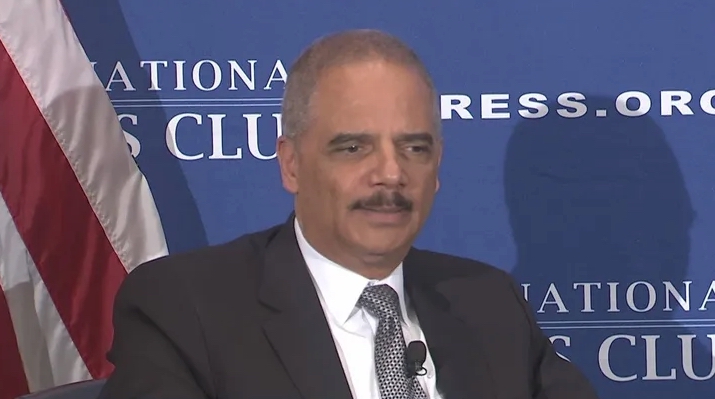Marriage Amendment is not Big Government
The Raleigh News & Observer argues in an editorial:
And though Republicans claim to be the party of small government, this amendment in fact represents big government. Because of conservative desires to regulate personal behavior, it flies in the face of the right to equal protection under the law.
Regardless of where you stand on this issue, the amendment isn’t a big government issue. The amendment isn’t expanding the reach of government. In fact, it is clarifying that government won’t be expanded, and specifically it won’t be expanded to provide marriage licenses to gay couples.
In the marriage amendment debate, the underlying problem for gays is the institution of marriage itself in this country. Marriage is not simply the ability to get married in a ceremony where two people agree to spend their lives with each other. If it were, gays already would have the same rights as everyone else. Instead, marriage has become about government-benefits (and other benefits, such as societal recognition) that arise from receiving a government-issued marriage license.
My colleague Dr. Roy Cordato wrote about the marriage and state dynamic here.
Here’s a thoughtful article in the Freeman by Wendy McElroy also discussing the state role in marriage.
In related news, the NC General Assembly passed the marriage amendment earlier this week. The House approved it on Monday evening (75-42 vote) and it cleared the Senate on Tuesday afternoon (30-16 vote). It will be on the ballot in May, 2012.
Waiting on an Eminent Domain Amendment
The legislature has decided not to push an eminent domain amendment in this special session on constitutional amendments.
In a recent op-ed, Scott Mooneyham questions why the legislature doesn’t seem that interested in private property rights.
He may very well be correct in asserting that the legislature doesn’t care enough about private property rights, but his reasoning isn’t on target.
Here’s what Mooneyham wrote:
Now legislative leaders say they aren’t likely to take up the legislation [eminent domain amendment] because they want to make sure that the language is correct, that courts don’t misinterpret it.
Really? That’s the best excuse that they could come up with?
Actually, I consider that to be an excellent reason to wait on passing an amendment.
I have written on the drafting issue for years. Others who closely follow eminent domain reform recognize the abuses that still can exist if an amendment isn’t properly drafted.
Having said this, I do agree with Mr. Mooneyham that the legislature has had plenty of time to come up with the proper language; and I commend him for bringing up the issue. However, until there’s language that clearly protects against eminent domain abuse, the legislature should wait until they have it right.
Lawsuit Challenging State Taxpayer Financing Systems
A new lawsuit has been filed challenging North Carolina’s taxpayer financing systems. The United States Supreme Court, in Arizona Free Enterprise Club v. Bennett, recently ruled that rescue funds (or matching funds) that make up these campaign finance systems are unconstitutional.
Rescue funds are money that is triggered when a candidate who is not accepting taxpayer dollars and independent organizations spend beyond a threshold amount of money. This money (i.e. rescue funds) is triggered to the candidate who is taking taxpayer dollars. The effect is to chill the First Amendment rights of candidates and independent organizations because they won’t engage in speech that comes at the expense of helping the opponent.
The State Board of Elections has already decided to prohibit Chapel Hill from using rescue funds in their upcoming election. In large part, this was due to the hard work of JLF pointing out that Chapel Hill would be violating the constitution by issuing rescue funds. Note: Chapel Hill is the only municipality with such a program.
The judicial and Council of State programs, which are being challenged in the lawsuit, have the same rescue fund problems.
Hopefully, the case won’t need to get very far because the legislature should repeal, at a minimum, the matching fund provisions of these laws, and should repeal the laws altogether since they are dependent on matching funds to "work."
The State Board of Elections and its staff also shouldn’t be administering or enforcing any provision connected to rescue funds. There could even be personal liability for clearly violating constitutional rights.
Click here for the Rights and Regulation Update archive


